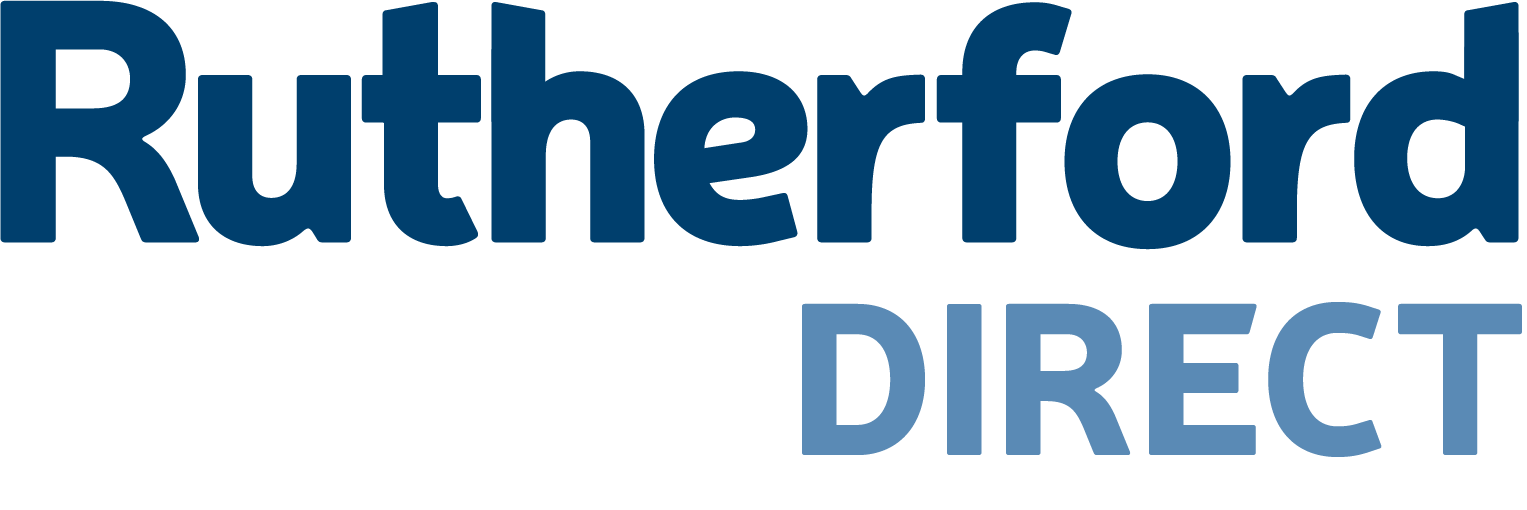Smith & Nephew’s CEO Olivier Bohuon is just the latest in a series of high-profile business leaders with a cancer diagnosis. CEOs at Goldman Sachs and JP Morgan have been reported to be in the same position. Each of them plans to remain in charge while they go through treatment.
This is the reality of our times: both the extent of cancer across the population, and that more people will survive the disease and keep working through.
But the seriousness of the situation shouldn’t be underestimated, or the impact on an organisation and its people. It’s the kind of news that can shake confidence and seriously undermine morale. Is the boss coming back? If the worst happens what does that mean for the company? Are jobs secure? What other changes might be in the pipeline? With Smith & Nephew, for example, there are already rumours of takeover bids from the US.
There are two fundamental issues for HR here. The effects of a public announcement about a leader's health, and the wider awareness of the risks of cancer.
There needs to be transparency. The nature of the typical leader/follower relationship can be a personal one, with leaders sometimes being seen as senior members of a family. Employees will feel excluded and let down if there is secrecy around such a serious issue, both at a personal level and in terms of the future of the organisation.
But the communications always needs to be preceded by a thorough phase of planning and consultation at a senior level. It’s about exploring and determining the preferences of the individual with the cancer diagnosis. What do they feel physically and psychologically about the coming months and what they will be capable of doing, and want to do? How do they wish the difficult news to be communicated, and what detail should be provided on how the business will be run during any periods of absence? The major risk to an organisation comes from a lack of planning.
High-profile cases of cancer tend to prompt an examination of what processes and systems there are across an organisation to manage and support all staff, as well as the importance of early cancer detection. The CEO at Smith & Nephew has been fortunate to catch the disease early enough to make the condition highly treatable, but what about others? After his prostate cancer diagnosis the group managing director at Balreed, Robin Stanton-Gleaves brought in free testing for staff and partners. Offering cancer screening – and not just to senior executives – is an important way of demonstrating an employer's commitment to staff health.
The first rule in supporting any employee with cancer, at whatever level in the organisation, is not to be reactive. It's far too emotional a situation to make up a response on the spot. Everyone would need sympathy and understanding, but they also want a sense of normality and control, not crisis. HR needs to be thinking about this now; preparing overarching guidance for each stage of the situation, such as when a diagnosis is made and when the employee wants to return to work.
Troels Jordansen is managing director at Check4Cancer











